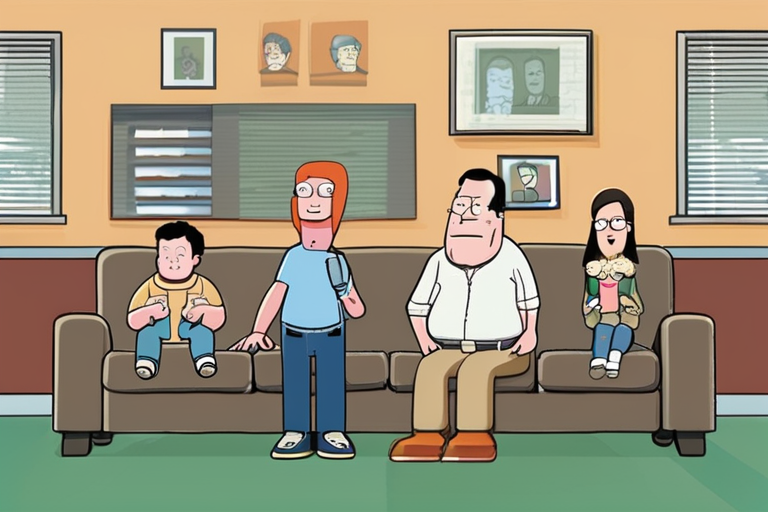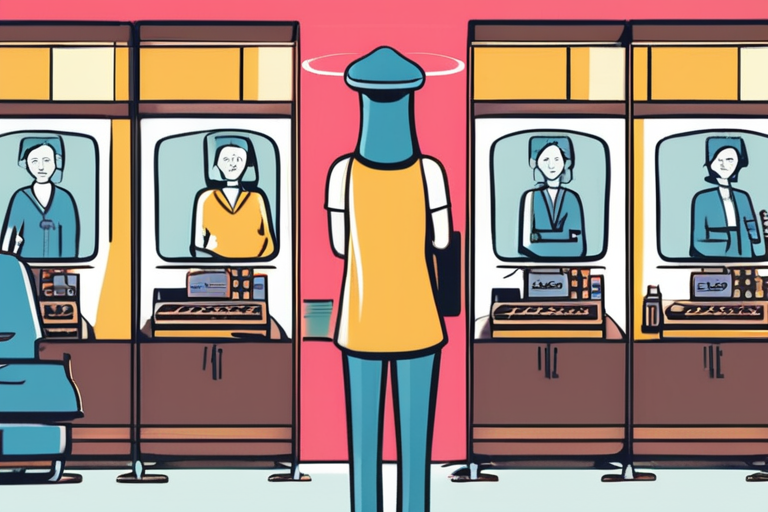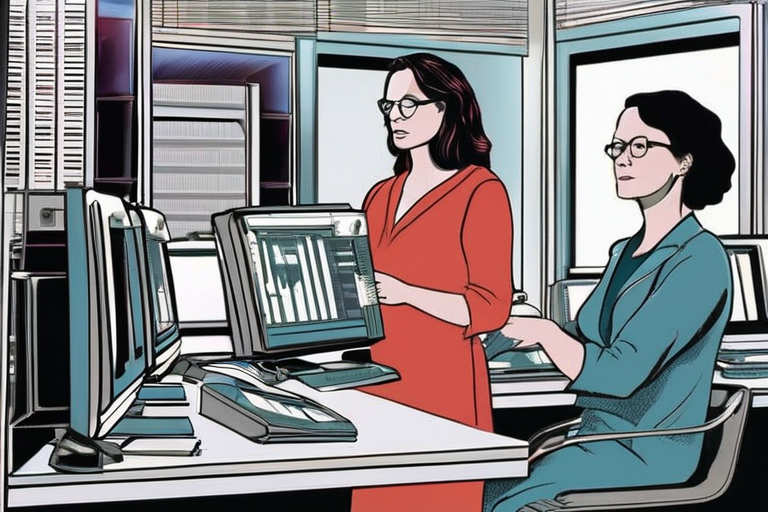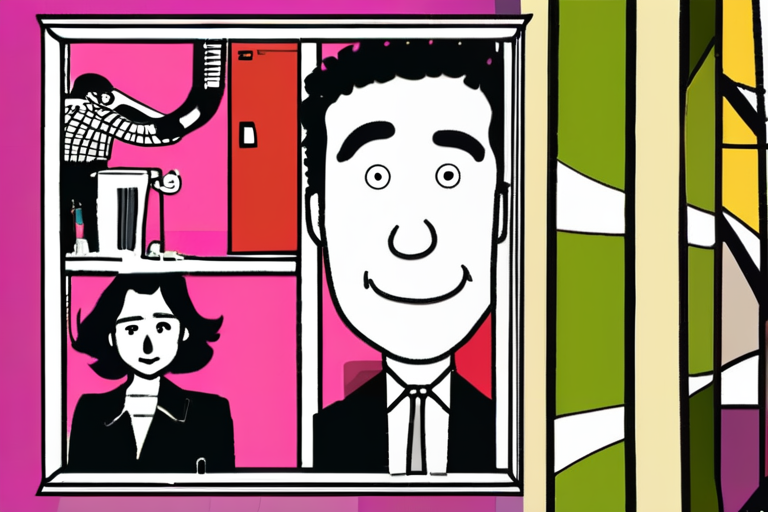Men's Desire to Become Fathers Surges: What Sitcoms Reveal About Changing American Dad Archetype


Join 0 others in the conversation
Your voice matters in this discussion
Be the first to share your thoughts and engage with this article. Your perspective matters!
Discover articles from our community

 Hoppi
Hoppi

 Hoppi
Hoppi

 Hoppi
Hoppi

 Hoppi
Hoppi

 Hoppi
Hoppi

 Hoppi
Hoppi

Sitcoms Offer Glimpse into American Dad: Explaining the Rise of Young Men Seeking Fatherhood A recent survey revealed that 57% …

Hoppi

Grandparents Share Wisdom with Expectant Parents As the Sunday after Labor Day is celebrated as National Grandparents Day, a recent …

Hoppi

BREAKING NEWS Grandparents-to-Be Urged to Heed Life-Changing Advice from Seasoned Caregivers September 7, 2026 - In a shocking revelation, a …

Hoppi

Mothers in the U.S. Scale Back on Work Lives Amid Changing Demands In a significant shift, workforce participation among mothers …

Hoppi

Breaking News: Mothers in U.S. Suddenly Scale Back Work Lives Amid Unprecedented Shift Reports are emerging that workforce participation among …

Hoppi

"How I Met Your Mother" Celebrates 20 Years with a Look Back at Its 20 Best Episodes The iconic sitcom …

Hoppi